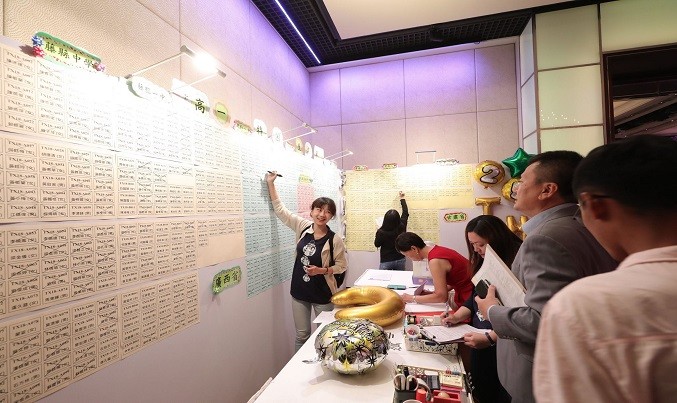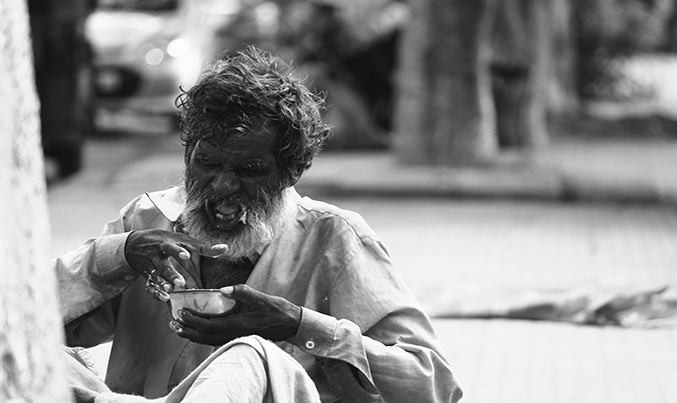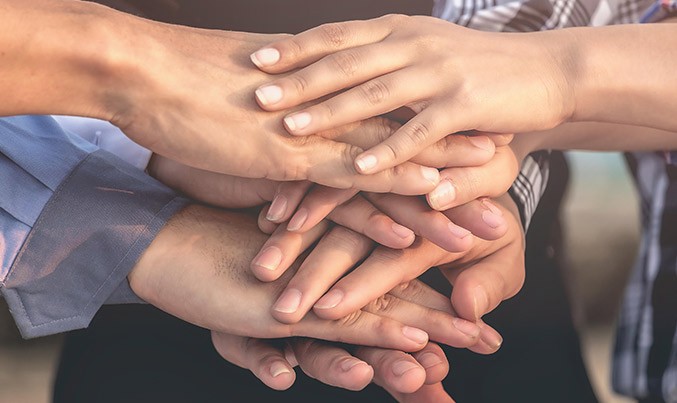AidEx considers the contradictions working for good causes with self-preservation and investigates why addressing burnout amongst employees in the humanitarian sector is so important to ensure efficient aid delivery.
Research into the effort-reward imbalance and its association with burnout among aid workers has shown a notable correlation.
Burnout is commonly characterised by a state of physical, emotional and mental exhaustion as a result of long-term exposure to stress in an emotionally demanding work environment.
The consequent reduced productivity and impaired performance and wellbeing of employees has meant there are those seeking to improve our understanding of relations between work-related psychological factors and health.
Two suggested explanations for why aid workers are more susceptible to the condition include; the nature of the work itself which involves demanding workloads, security concerns and exposure to regular trauma; to the mismatch between ideals and values with practice.
Humanitarian psychologist Alessandra Pigni emphasises how bringing high expectations of oneself and desire for fulfilment to a somewhat dysfunctional organisation can induce burnout. She cites Oxford Professor of clinical psychology, Mark Williams who asserts it is often committed and conscientious people whose level of self-worth and self-confidence is closely dependent on their work performance, who are likely to burn out.
Most related studies found organisational environments demonstrated characteristics which significantly influenced the mental health and wellbeing of their staff in such settings. A recent paper produced by co-founder and CEO of Amani Institute, Ilaina Rabbat however, looks more into the state of the individual and what she terms the ‘inner journey of the changemaker’.
In order to discover what makes changemakers (specifically social entrepreneurs) thrive and not just survive in the social impact sector, Rabbat understood the need to comprehend the connection between what drives individuals to well-meaning work and the detriments of self-sacrifice it invites.
She observes how forfeiting one’s own needs to help others often has underlying ulterior motives which can lead to negative outcomes. This line of thinking fed into Rabbat’s development of ten variables to help people overcome the ‘me versus them’ binary perspective, of which includes the following: positive relationships, self-awareness, sacrifice, work centrality, responsibility, privilege, empathy, motivation, impact achieved and prioritising.
In a fifty-hour curriculum offered by Amani Institute, the objective is to practically train individuals to align their deeper thoughts and feelings with their actions and who they represent, in order to ensure the right values are reflected in their work.
With group exercises and workshops based on a methodology as part of the Post-Graduate Certificate in Social Innovation Management, self-reflection, students can question their motivations through deconstructing their personal story. For instance, asking whether one’s desire to help others is operating from a place of privilege-guilt or grief can help to replace such feelings instead with gratitude.
One aspect of the curriculum involves a ‘bioempathy’ nature trip, where – alongside learning about bio-mimicry and how innovative Nature is – groups of Fellows for four days have the chance to be present and ultimately come to terms with how we as humans are part of a greater being.
Whilst maybe critiqued as somewhat tenuous, connecting with nature to achieve holistic wellbeing has its roots in the oldest living culture on Earth. For Australia’s indigenous aboriginal people, the first step to healing is the ability to reconnect to the land.
This recent field of research appears to demonstrate how a double-pronged approach is necessary to prevent aid workers and changemakers alike from burning out on the job. Whilst individuals working in social impact must address their personal responsibility to better understand their motivations for working in such a sector, if we want to maintain people’s commitment to helping those in need, organisations must enforce their duty of care to employee welfare, such as through mindful and proactive approaches to stress management.
At a time of global polarity, crisis across borders and international tensions, we must strive to better connect with each other and the world around us if we want to make an effective difference. Perhaps we can take some advice from the aboriginal activist Miriam-Rose Ungunmerr-Baumann, who says: “You need to ask who you are, why you’re here, where you’re going…We’re waiting for all people to listen and hear what we hear so that we can connect and belong together.”
Ilaina Rabbat will be running a co-located workshop at AidEx in Brussels on 14 November 2019 on how to prevent burnout and instead thrive whilst pursuing social change. Register to attend AidEx 2019 for free here >>











